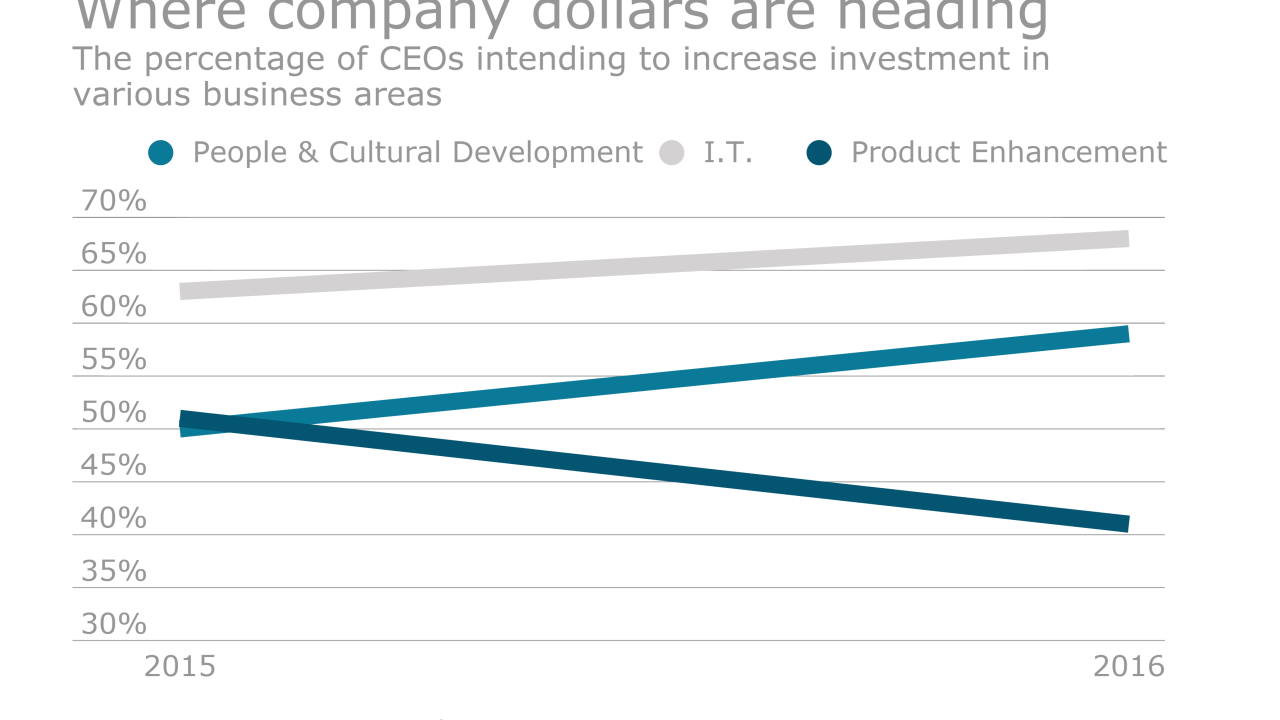-
Self-funding is the first step to reducing health plan costs without sacrificing quality, but plan sponsors can go even further by unbundling services, according to AdminaHealth’s Arthur Jonokuchi.
May 31 AdminaHealth LLC
AdminaHealth LLC -
in response to employers offering more wellness programs containing financial incentives, the EEOC has issued new guidance.
May 31 Foley & Lardner
Foley & Lardner -
Advisers must stay ahead of emerging trends or risk exposing clients to additional costs, says Hodges-Mace’s Eric Helman.
May 31 Hodges-Mace
Hodges-Mace -
Large employers unsure of the cost savings they’d see by moving employees to an online marketplace, but health sites are still evolving, according to Pacific Resources.
May 31 -
Retirement plan sponsors should spend as much time developing an education policy statement as they do an investment policy statement, according to Invesco’s Jeffrey Hemker.
May 30 -
The more engaged and proactive an employer is with its benefit communications, the more likely workers are to stay, which reduces recruiting and training costs.
May 30 -
A program’s structure can determine which laws apply and federal agencies and courts are not always in agreement as to what is required for compliance.
May 27 Hirschler Fleischer
Hirschler Fleischer -
Hundreds of CEOs and other business leaders rank staff-related issues as top strategic initiatives in new survey.
May 25 -
Exclusions or limitations for all healthcare services related to gender transition are specifically characterized as discrimination under the new HHS rules.
May 24 -
Employees prefer a combination of software tools and access to professional assistance when making benefit decisions, says Hodges-Mace’s Alex Ward.
May 24 Hodges Mace
Hodges Mace




